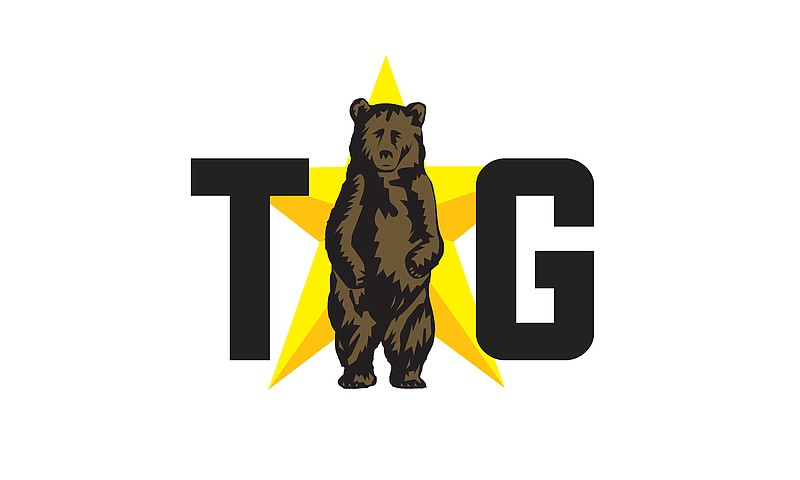GALLUP, N.M. - Robinson Tom was an environmental science student at Navajo Technical University when he was assigned in 2014 to compare microorganisms that could survive in the harsh environment of Mars.
The red planet is 50 million miles farther away from the Sun than Earth, which means it gets a lot less sunlight and temperatures average minus 81 degrees Fahrenheit.
"It sounds like a simple assignment, but I started getting into the research of soil content, atmosphere content, and which organisms could survive in very cold temperatures," Tom told the Gallup Independent during a recent interview. "Because of that assignment, I found out that I enjoyed biology and chemistry a lot more."
That early assignment eventually changed the course of Tom's life. It opened the door to an exciting career in the science field that has taken him to Boston, Massachusetts, where he now conducts research at Harvard University.
Tom, who grew up in the Navajo Nation community of Little Water, changed majors in 2014. He was one of the first students to enroll in the then-newly created Biology Department at Navajo Tech. At the time, he was the only one in his cohort because he was already ahead of the group.
"I had to rely on myself because I had no students to look up to," Tom said. "I had to be that student."
Tom said he was aware there was no science culture in the region. He believed more young Navajos could follow on a scientific path if they had a niche and a support group. So he founded BICEPS, a student organization to help others with similar interests. BICEPS stands for biology, chemistry and environmental physics.
Through BICEPS, they were able to secure internships, conduct science demonstrations at local K-12 schools and build research collaborations with other institutions. One of those institutions is Harvard.
"If you talk about science on the Navajo Nation, the STEM culture is kind of missing there," Tom said. "With the BICEPS program, we got to reach out and influence young generations. It was a lot of fun."
His last semester at NTU was challenged by COVID-19 pandemic restrictions. He enrolled in hybrid courses, taking some online and some in person, and he spent most of his time at the biology lab, where students worked on projects ranging from growing bacteria in controlled environments to researching wetlands.
During those early months of the pandemic, Tom thought about COVID-19 virus mutations and worried about Navajo communities where families lack running water. But the pandemic was also an opportunity for biology students to study a new virus and in real time.
"My professor and I were looking for articles," he said. "The genome of the SARS was just coming out, and what was really exciting is that I was taking an infomax course, and while I was learning the subject, this became a real time case to learn."
When Tom graduated, he watched the online graduation program from a computer at the biology lab. At home in Little Water, the internet is still set up the old way: dial-up. It's slow and unable to stream in real time.
"You can't do a Zoom call," he said. "We are in a geological position where all radio frequencies go over us."
After graduation, Tom published a paper with Dr. Thiagarajan Soundappan, associate professor of chemistry and chair of the Navajo Tech School of Science. The paper researches activities related to non-flammable, aqueous gel electrolytes used to produce flexible aqueous lithium-ion batteries.
The research was funded under the Army Research Laboratory and was accepted by the Journal of Power Sources.
Soundappan, the principal investigator for the National Science Foundation Partnerships for Research and Education in Materials project at Navajo Tech, said Tom secured a research opportunity at Harvard after graduation thanks to this program.
"He's going to be a role model for this project," Soundappan said. "I plan on sending our students to Harvard for the next 10 years."
The NTU collaboration with Harvard has been ongoing since 2018.
Dr. Kathryn Hollar, the director of Community Programs and Diversity Outreach at Harvard John A. Paulson School of Engineering and Applied Sciences, has been working with Tom for the past couple of years.
"It is such a privilege to be a part of his many successes," she wrote in a recent email. "He is truly someone who leads by serving, and we feel so honored to have him here at Harvard."
She also pointed to his work to create the student organization and his focus on the professional development of fellow students.

